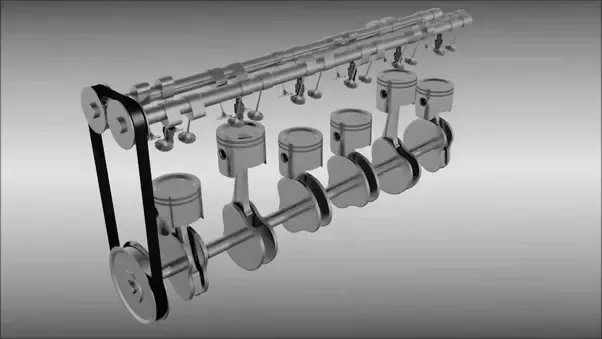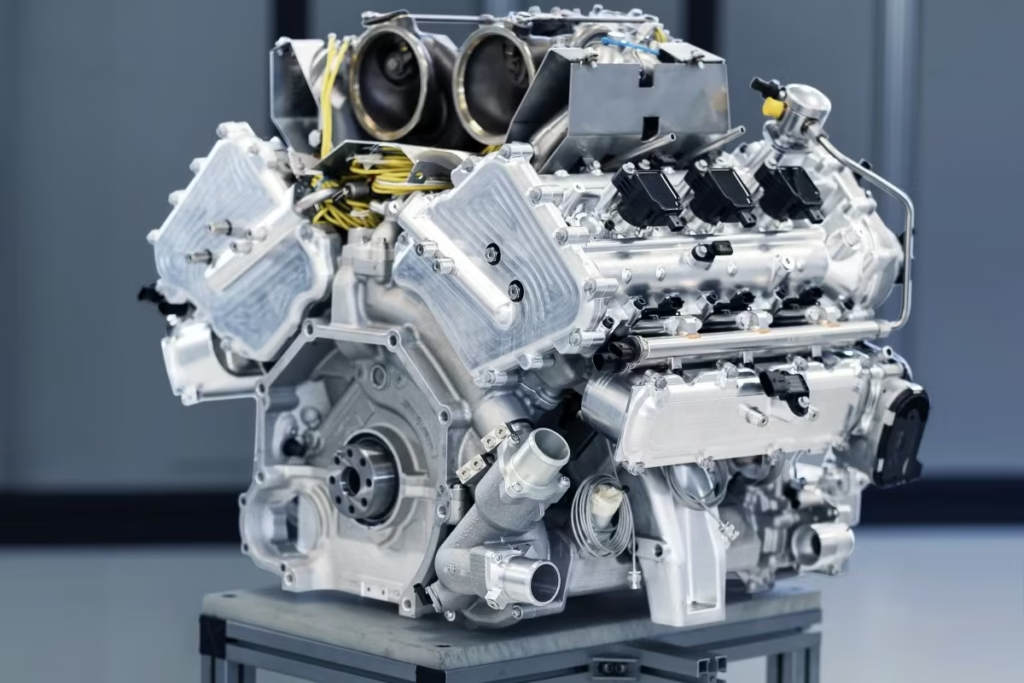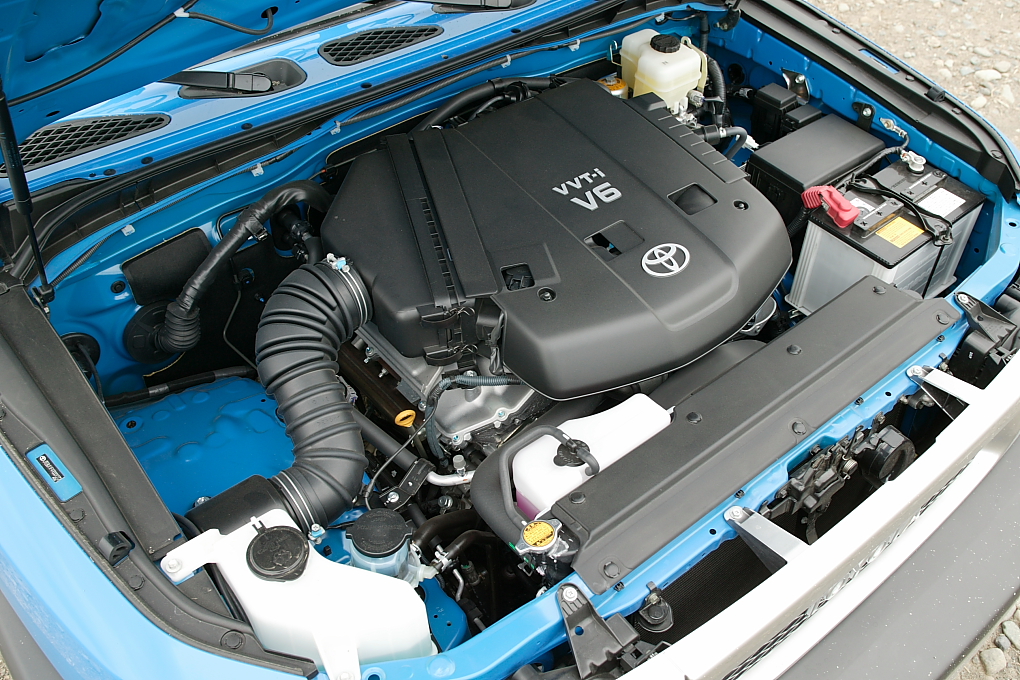The V6 engine has become a staple in the automotive world—offering a great balance of power, performance, and efficiency. Whether you’re buying a car, upgrading, or just curious about engine specs, understanding V6 engine specs can help you make an informed decision.
In this guide, we’ll break down what a V6 engine is, its key specifications, and why it might be the right choice for your vehicle.
What Is a V6 Engine?
A V6 engine is a six-cylinder engine configured in a “V” shape. It has two banks of three cylinders angled away from each other, forming a “V” when viewed from the front. This design is compact, powerful, and commonly used in sedans, SUVs, trucks, and sports cars.
Key V6 Engine Specs You Should Know
1. Number of Cylinders: 6

- The “6” in V6 refers to six cylinders.
- Each cylinder contributes to power generation through internal combustion.
- More cylinders generally mean more power and smoother operation.
2. Engine Displacement
- Measured in liters (L) or cubic centimeters (cc).
- Common V6 sizes range from 2.5L to 4.0L+.
- Higher displacement means more air and fuel mixture—leading to more power.
Example: A 3.5L V6 engine can deliver significantly more horsepower than a 2.5L engine.
3. Horsepower (HP)
- V6 engines typically produce 250 to 400+ horsepower, depending on tuning.
- Sports cars and performance models may feature turbocharged V6 engines exceeding 500 HP.
- More horsepower means faster acceleration and better towing capacity.
4. Torque
- Torque is the pulling power of the engine, measured in lb-ft or Nm.
- A V6 engine often delivers between 250–450 lb-ft of torque.
- Essential for tasks like towing, off-roading, or quick acceleration.
5. Fuel Efficiency
- V6 engines have improved in efficiency thanks to technologies like turbocharging, direct injection, and variable valve timing.
- Average fuel economy ranges from 20 to 30 MPG, depending on the vehicle and driving habits.
- Turbocharged V6 engines may offer power without compromising too much on MPG.
6. Turbocharged vs. Naturally Aspirated
- Naturally aspirated V6 engines rely on atmospheric air pressure.
- Turbocharged V6 engines use a turbo to force more air into the engine for extra power and efficiency.
- Turbo V6s are common in newer models aiming for both performance and fuel economy.
7. Common Applications
- Family sedans: Smooth, quiet ride with decent fuel economy.
- SUVs and trucks: Capable towing and off-road abilities.
- Sports cars: High-performance output with thrilling acceleration.
V6 Engine vs. Other Engines
| Feature | V6 Engine | Inline-4 Engine | V8 Engine |
| Cylinders | 6 | 4 | 8 |
| Power | Medium-High | Low-Medium | High |
| Efficiency | Moderate | High | Lower |
| Size | Compact | Smaller | Larger |
| Cost | Moderate | Lower | Higher |
Why Choose a V6 Engine?

- Performance: Ideal for drivers who want more punch than a 4-cylinder engine.
- Versatility: Balances power and fuel economy, suitable for a variety of vehicle types.
- Towing and Hauling: Great for those needing to tow trailers or carry heavy loads.
- Value: Provides a cost-effective alternative to larger V8 engines.
Popular Cars with V6 Engines
- Toyota Camry TRD (3.5L V6)
- Ford Explorer (2.7L or 3.0L EcoBoost V6)
- Chevrolet Camaro (3.6L V6)
- Nissan Maxima (3.5L V6)
- Honda Ridgeline (3.5L V6)
FAQ’s
1. What does “V6” mean in an engine?
“V6” stands for a six-cylinder engine arranged in a V-shaped configuration. It has two banks of three cylinders each, angled to form a “V” when viewed from the front of the engine.
2. How much horsepower does a typical V6 engine have?
Most V6 engines produce between 250 and 400 horsepower, though performance-tuned or turbocharged versions can exceed 500 horsepower in sports or luxury cars.
3. Are V6 engines fuel-efficient?
Modern V6 engines are more fuel-efficient than ever, especially those with turbocharging and direct injection. Fuel economy typically ranges from 20 to 30 MPG, depending on the vehicle and driving style.
4. Is a V6 engine better than a 4-cylinder?
A V6 engine offers more power and smoother performance than a 4-cylinder, making it better for towing, highway driving, and overall performance. However, 4-cylinder engines are generally more fuel-efficient and cost less.
5. Can a V6 engine tow a trailer or boat?
Yes, many V6 engines offer excellent torque and are capable of towing 3,000 to 7,000 pounds, depending on the vehicle and setup. Always check the manufacturer’s towing specs.
6. Do all V6 engines have turbochargers?
No, not all V6 engines are turbocharged. Some are naturally aspirated, while others use turbochargers for extra power and efficiency. Turbocharged V6 engines are common in modern performance and luxury vehicles.
7. Are V6 engines reliable?
Yes, V6 engines are generally known for their reliability and longevity, especially when maintained properly. Brands like Toyota, Honda, and Ford have long histories of dependable V6 engines.
8. What vehicles commonly use V6 engines?
V6 engines are commonly found in mid-size and full-size sedans, SUVs, trucks, and sports cars. Popular models include the Toyota Camry, Ford Explorer, Nissan Maxima, and Chevrolet Traverse.
Final Thoughts
Understanding V6 engine specs helps you appreciate what this engine type brings to the table: a solid mix of power, performance, and practicality. Whether you’re shopping for your next vehicle or upgrading your current one, a V6 engine can offer the performance you crave without sacrificing comfort or efficiency.




